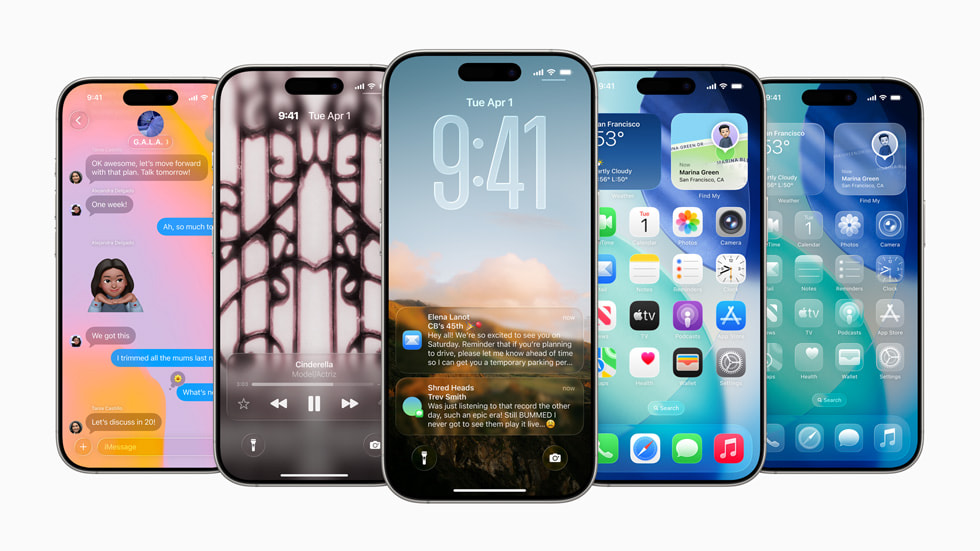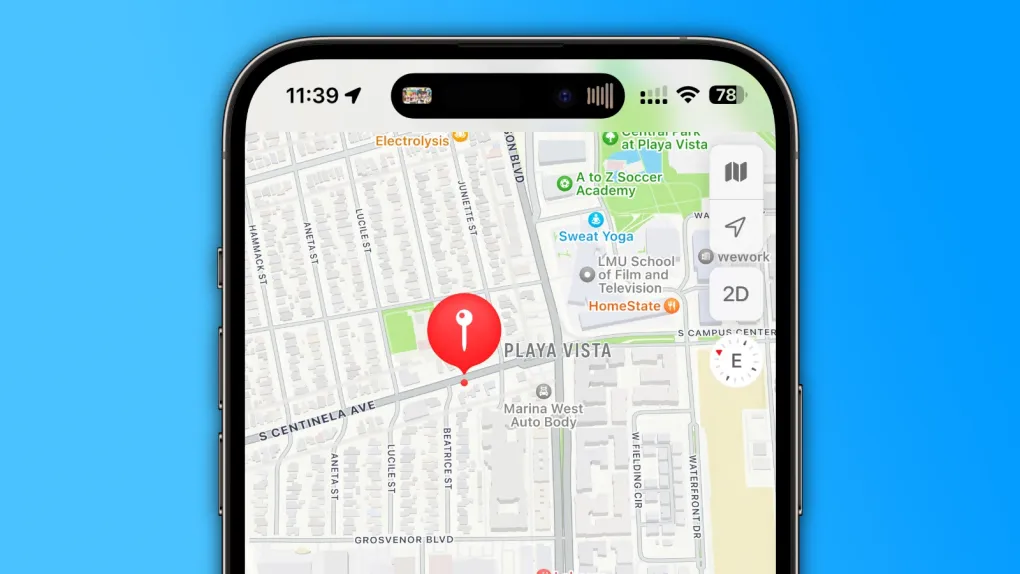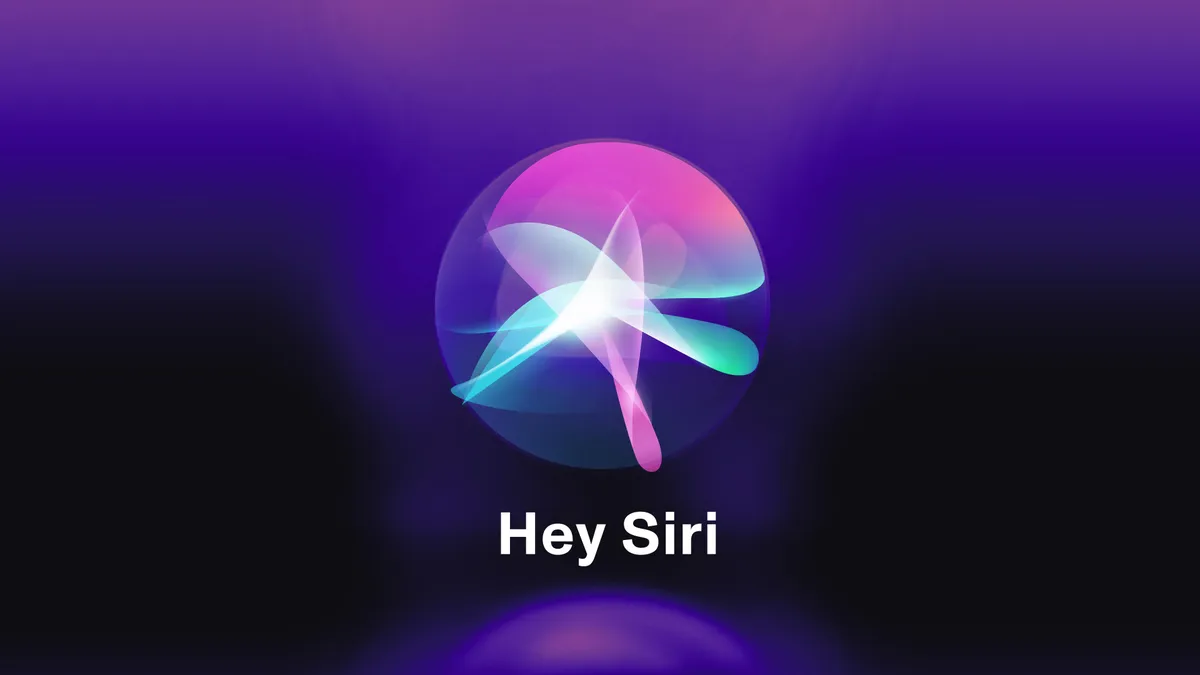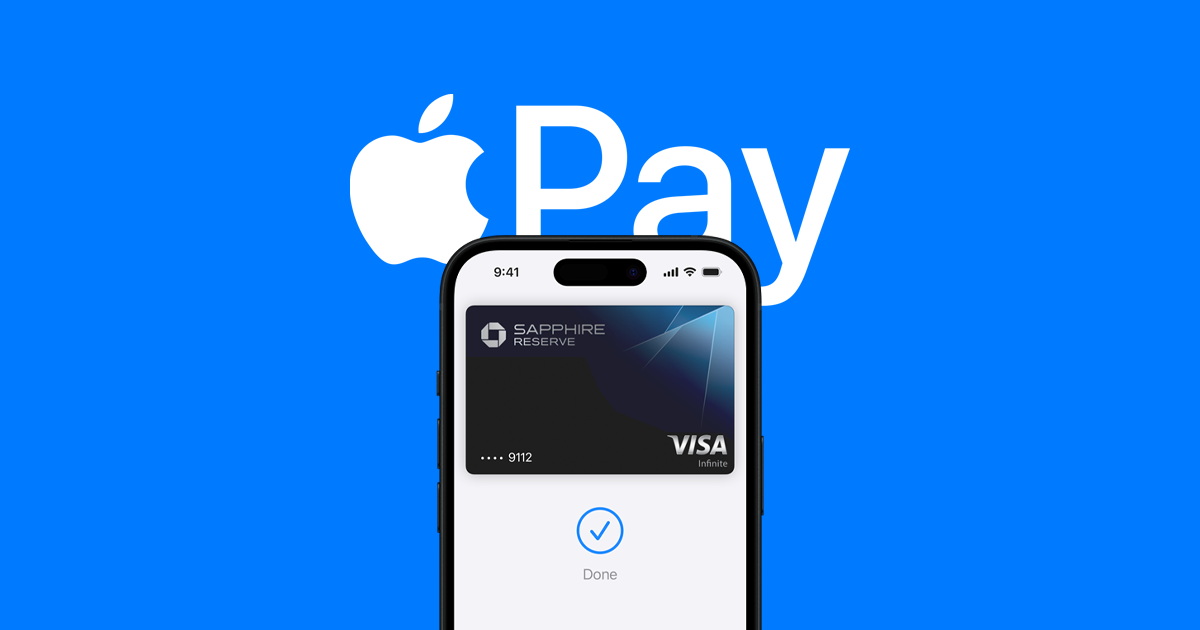Apple Purchases New Office Campus
Apple recently bought Mathilda Commons, another office complex in Sunnyvale, California, for $350 million. This purchase comes shortly after Apple spent $166.9 million on the Cupertino Gate office complex. Together, these deals show Apple’s commitment to expanding its presence in the South Bay area, with over half a billion dollars invested in real estate this week.
The Mathilda Commons, located just seven miles from Apple Park, includes two buildings with 382,500 square feet of space, enough for up to 1,900 workers. Apple paid about 20% more than the property’s value in January, highlighting its importance. Kristina Raspe, Apple’s Vice President of Global Real Estate, said, “The Santa Clara Valley has been Apple’s home for over 40 years, and we’re excited to keep investing in great spaces for our teams.”
Germany Requests Removal of DeepSeek App
Due to privacy concerns, Germany has asked Apple and Google to remove the DeepSeek AI app from their app stores. Berlin’s data protection commissioner, Meike Kamp, stated that DeepSeek illegally sends user data, like prompts and files, to servers in China, where the government can access it.
DeepSeek failed to prove it protects German users’ data to EU standards. This follows similar bans in Italy and the Netherlands. Kamp urged Apple and Google to review the app quickly, though no deadline was set. Google is currently looking into the request. This issue adds to growing global concerns about DeepSeek’s data practices.






